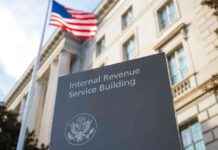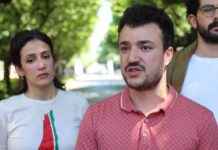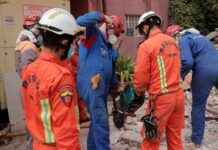What to do when sheltering from a tornado
The storms that hit residents in the northern parts of KwaZulu-Natal on Monday and the flooding in parts of the South Coast have been devastating. We’re not sure about you, but one of the things that we prided ourselves in as South Africans in the past was not having to endure natural disasters growing up. But as the years have progressed, climate change has shown us that you can never truly be ahead of its mass effects. The storms and floods have been plenty over the years, and the effects have also left communities afraid. Where we once only focused on road safety, fire safety, and driving in the rain, we now have to open ourselves up to safety training on sheltering a storm, particularly a tornado. We have had to look outside our norm and find resources that help us shelter a tornado.
Some important things to note about sheltering a tornado/storm:
– If you do not have a basement, take refuge in a room without a window, for example, a hallway/closet.
– Keep your medical supplies or first aid kit close by.
– Make sure to pack food into a bag for ease and convenience.
– Watch out for weather warnings.
– Keep far from electrical; if possible, keep your phone charged so you can call in for emergency assistance.
– Keep away from windows as far as possible.
– Get under a sturdy piece of furniture, a heavy table or desk, and hold on to it.
– Protect your head and neck with a blanket, if possible.
Conclusion:
In times of natural disasters like tornadoes, it is crucial to be prepared and know what steps to take to ensure safety. By following the guidelines mentioned above, you can increase your chances of staying safe during a tornado. Stay informed, stay prepared, and stay safe.
































